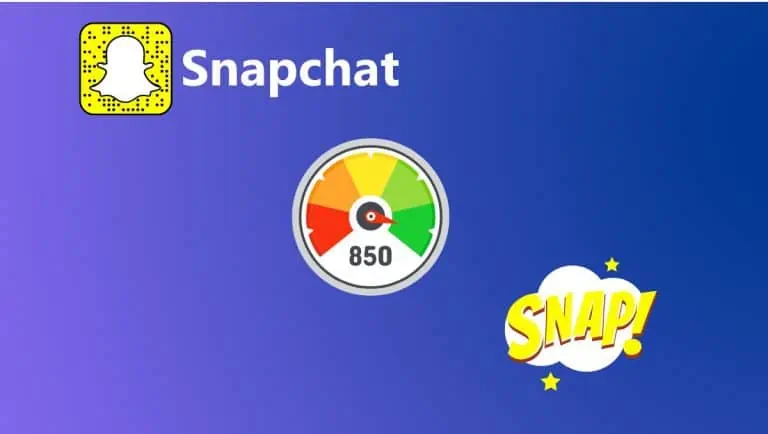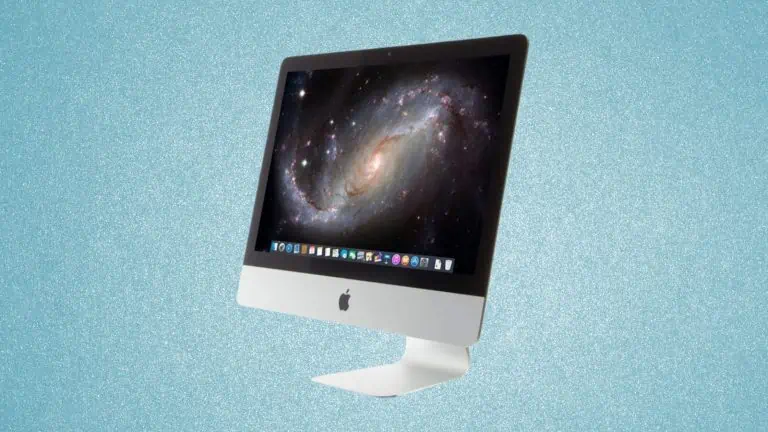Search Google or Type a URL – Which is the right way in 2023?
WiseCatcher is supported by its readers and we earn a commission if you buy through our affiliate links at no extra cost. Read the full affiliate disclosure in our privacy policy.
WiseCatcher is supported by its readers. You can find full affiliate disclosure in our privacy policy.
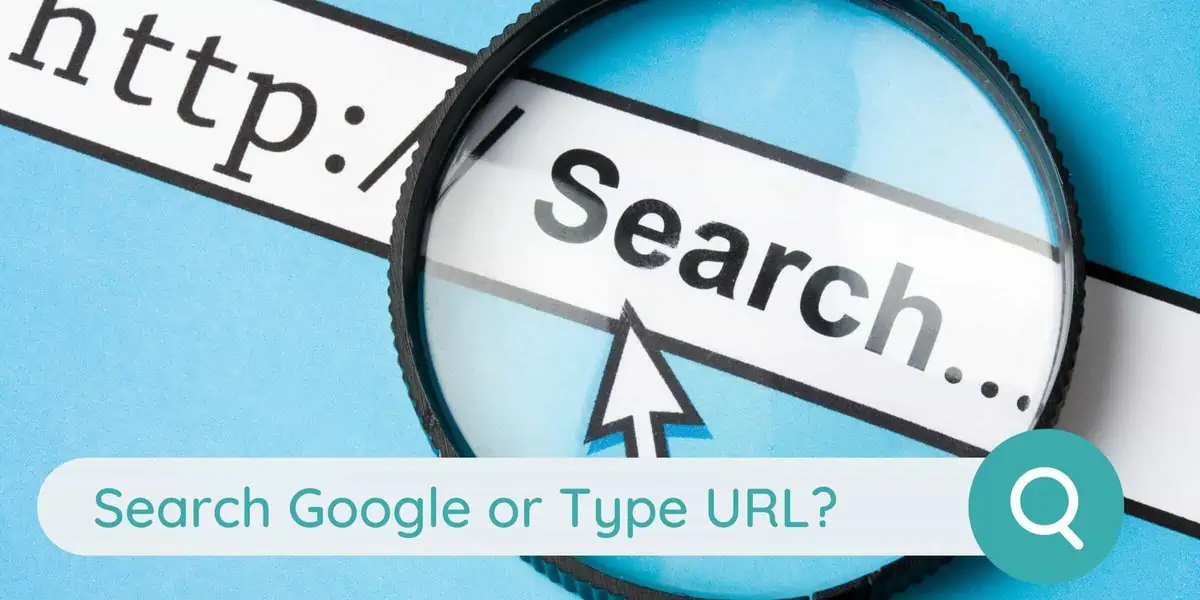
Should you Search on Google or type a URL directly? That’s a question many people have asked lately, with the latest updates from Google making searching faster and easier than ever.
The search giant has added several new features to its service, including an improved interface and more relevant results.
Searching Google is as simple as typing a word or phrase into the search box. You can also type in an image URL, select from a drop-down list of suggested searches, or use keywords to refine your results.
Still, people are trying to find answers the right way by searching Google or Typing a URL, and in this article, we’ll try to find a solution.
Also, we’ll learn about a few more advanced features of the google search engine, such as image search, custom search, and frequently asked questions.
Let’s first start with how a google search engine works!
How does Google Search Work?
Search queries are processed in real-time by Google’s computers located in data centers worldwide.
These computers use advanced algorithms to determine which websites best match your search query and rank them accordingly.
Search processes your request by performing billions of calculations per second on its servers.
These calculations return results ranked according to their relevance to your query, as determined by previous users’ clicks on those results.
To ensure that you receive only relevant results, they filter them based on many factors, including your location, time of day, and other personal information they collect from users, like previous searches conducted from your computer or device (cookies).
In addition, Google uses automated systems like RankBrain, which allows us to provide accurate results for 80% of all queries.
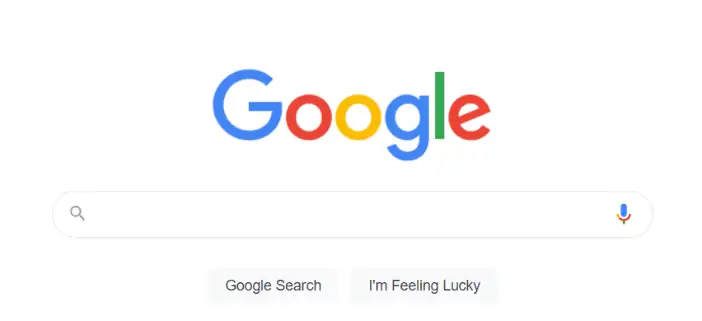
Google Search is the gateway to the world’s knowledge — and more than 100 billion web pages. It’s also home to Google Images, Google News, Google Maps, Google Translate, and many other services.
Google Search is based on over one trillion indexed pages from across the web. These pages are analyzed in real-time to determine their relevance to a search query.
The results are ranked based on hundreds of factors, including content’s freshness, links’ popularity, and other factors.
Difference Between Search Google or Type a URL
Searching Google is the same as typing a full URL in your browser’s address bar. The only difference is that you don’t need to type “HTTP://” or “HTTPS://” before the URL.
When you search Google, you can enter a phrase (text) or a word, and Google will try to find pages that match your query.
If you want to find information on a specific website, such as Wikipedia, you can type its name into the search box without adding HTTP:// (that’s the URL).
In this case, the search results will include articles from Wikipedia about the topic you’re interested in.
You can also use operators with your query to make it more specific. For example, if you want only articles written in English, type “site:wikipedia.org English” into the search box and press Enter (or click Search).
In this case, the search results will include articles from Wikipedia about the topic you’re interested in.
You can also use operators with your query to make it more specific. For example, if you want only articles written in English, type “site:wikipedia.org English” into the search box and press Enter (or click Search).
Should You Search on Google or Type a URL?
There isn’t a single answer to this question. It depends on your goals and the task at hand. If you want to search for something general about a topic, then Google is usually the way to go.
If you want to visit a specific website, then you should use the URL.
For example, if I want to visit www.google.com, I should type “www.google.com” into my browser’s address bar instead of searching for it in Google (which would probably yield hundreds of results).
In my opinion, you should always use the Google search box for your queries.
Why? Because Google has a massive index of web pages and can return results to your search query much faster than if you type a URL directly into your browser’s address bar or start typing in keywords.
Let’s say you want to learn more about making a peanut butter sandwich. You could type “how to make a peanut butter sandwich” into your browser’s address bar and hit enter, but this would take time because your browser would have to open up each page one at a time until it found what you were looking for.
Alternatively, if you go to Google and type those exact words into its search box, the results will appear below its search box almost instantly.
To distinguish between all these different things, we use capitalization: Google, Google Search Engine, Google Search Engine Results Page (SERP), Google Home Page, and Google Android platform.
What is Google Custom Search?
Google Custom Search is a feature of the Google search engine that lets you create a customized search engine to search the web. It’s based on the same technology that powers Google, so it’s fast, accurate, and easy to use.
You can use Google Custom Search to build an online library of resources that are relevant to your work or create a personal website to help visitors find their desired search results.
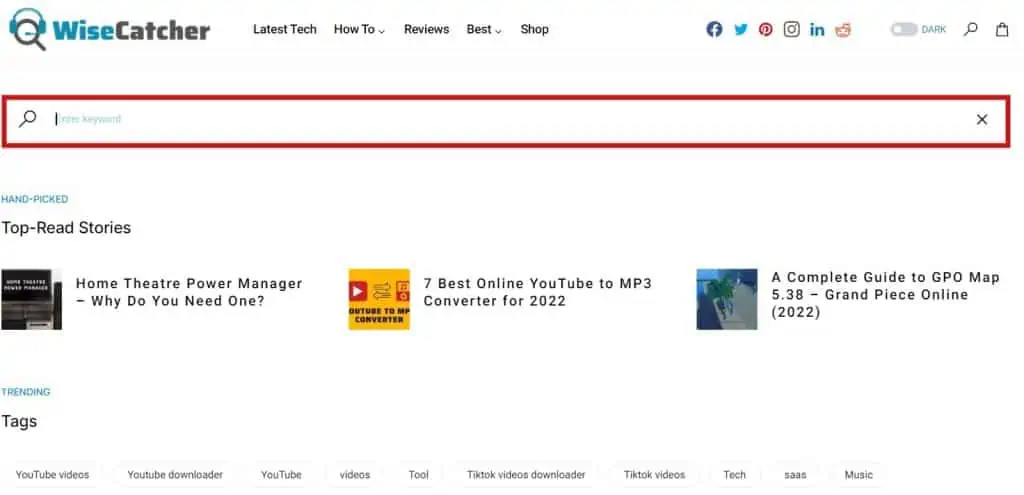
Custom Search Engine Benefits:
The primary benefit of using Google Custom Search is that it’s easy to set up and maintain. You don’t need any technical skills or coding knowledge to get started.
- Improve customer engagement by providing relevant content through Search.
- Improve customer experience by featuring your products and services at the top of relevant searches.
- Get real-time data with Google Analytics.
- Add multiple search engines to your site and customize them for different purposes (for example, personal versus business)
- Integrate with any website using simple HTML code.
How does Google Custom Search Work?
If you have a website, blog, or app, you need to add the Google Custom Search JSON API snippet to your site and then customize it to match your brand.
You can also style it with CSS, so it fits your design. Once the search engine is integrated into your site, it will start showing up in Google Search results for queries related to your business.
Once users click on one of these results, they’ll be taken directly to the page that matches their query — no more clicking through pages of unrelated links!
Frequently Asked Questions (FAQs)
Let’s look at a few FQAs on related to Google Search results.
How to search for an Image on Google?
To search for an image on Google, type your desired keyword and add the word “image” to the end. For example, if I want to find pictures of kangaroos, I would type “kangaroo image” into the search bar and bring up images containing the word kangaroo in them.
If you want to narrow down your results, you can add more words after the image keyword in order to get more specific results. For example, if I wanted to find images of only one kind of kangaroo, I would type “kangaroo joey image” into my search bar, giving me only pictures of joeys (baby kangaroos).
How to delete Google Search History?
To delete Google search history, go to https://history.google.com/history/ and sign in with your Google account. Select “Delete all history” at the bottom of the page, then click “Delete” You’ll be asked if you’re sure before your search history is deleted.
Conclusion
I hope you’ve found this article useful, and it has given proper answers and queries related to the google search engine. Please don’t forget to share our content on your social media with your friends!

Mohit Patel (Founder & CEO)
Mohit Patel is a part-time blogger and CEO at NeutralX Corp (WiseCatcher’s Parent Company). He is also an M&A Intermediary and the CEO of InstaFlip. He worked with thousands of business owners who own Content Sites, e-Commerce Businesses, SaaS Businesses, Marketplace, and Advertising networks. Mohit knows precisely what kind of content readers are looking for before making any buying decision whether it is a SaaS tool, a physical product, or a product comparison.




